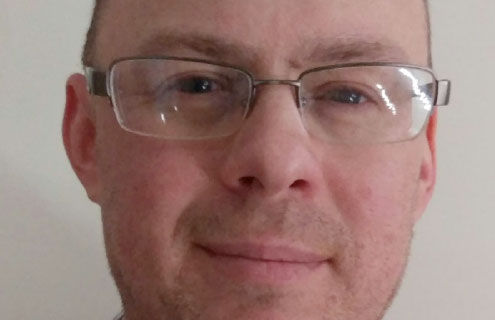Patient Advocates
MaineSense, an employer-owned healthcare group captive, is closing its doors, but as Justin Ward of its administrator Patient Advocates explains, steps can be taken to ensure that claims do not become excessive
What are the reasons for MaineSense closing down?
They had a really bad run of claims over the past 18 months after getting off to a tough start back in 2011. They started having issues and then approached us, Patient Advocates, to administer their advocacy programme to help patients navigate the healthcare system in order to provide additional benefits and effectively manage their claims. They then decided that they wanted to move the entire administration of the medical plan itself over to us.
We had some good runs, unfortunately though, there was a striking number of large claims on a capita basis compared to the rest of our book. They had significantly higher medical loss ratios with more individual claims between $50,000 and $100,000 than some of our traditional clients.
When MaineSense approached us, there were 50 employers in the captive and during the overhaul of claims, some of them started to migrate out of the captive. The employers met with the board and decided to close down the Maine Wellness Association.
Why are health insurance claims so hard to predict?
I don’t know if they are. With effective underwriting, companies should be able to have a general expectation of what their claim experience will be. There will be some peaks and valleys, but for the most part, the underwriting and actuarial tables are accurate, especially when an organisation partners with an advocacy firm that is close to the patient experience.
A challenge employers face is that they are paying for claims on spouses and children, and they have less control over the lifestyles and habits of dependents than they do on employees inside of a work setting.
What should employers be doing?
First off, there needs to be a type of wellness programme inside of the organisation because health insurance costs are typically, for most companies, the first or second largest expense outside of payroll, and maybe raw materials, depending on the nature of the business.
Companies should really be taking a proactive approach by putting in to effect wellness programmes with biometric screenings and offering a type of incentive based on the results of the programme for individuals. In addition, they should also implement a chronic condition management programme with incentives based on the participation in those programmes. As part of the wellness programme, I think one of the things that companies should be doing, and a lot of our clients do this, and some of the MaineSense groups that have moved on with us or by themselves in other captives are doing this, is to introduce a standard rate for payroll contributions and then offer a discount for people that do not use tobacco. What we recommend is that they apply that entire discount to the household and not just to the individual.
It goes back to your first question. You have a lot more control over the healthcare cost on employees than you do on dependents. Some companies have decided that they will not cover spouses. I am not in favour of that, and none of our clients have gone that way, but some companies are doing that, as the number is difficult to predict.
Several clients of ours have three sets of payroll contributions for health insurance. There is the standard rate, a discounted rate for those whose households are tobacco free, and then another discounted rate for plan participants who are participating in a company-sponsored wellness programme.
Implementing chronic condition management programmes for obesity, tobacco usage, diabetes, coronary artery disease and depression are helpful, as cancers and other related illnesses can spike claims for a company.
What will happen to insureds once MaineSense has closed?
I think they will move on to the commercial market, move on to a self-funded product, or move on to another captive. Many employers have already done that: they have either gone self-funded on their own, gone into the traditional insurance in the commercial market, or we have seen some that have gone to other captives and continue to participate with Patient Advocates that way.





